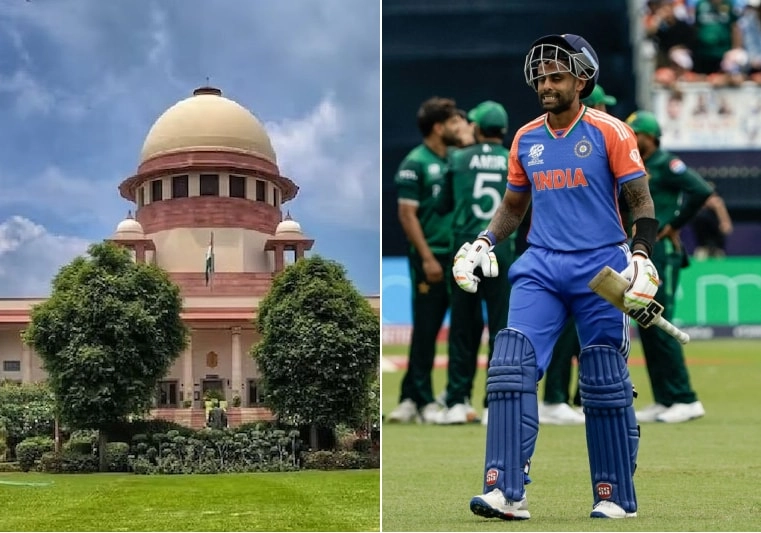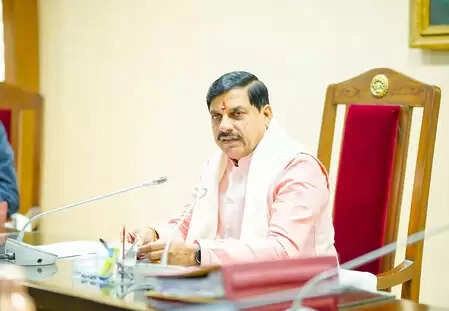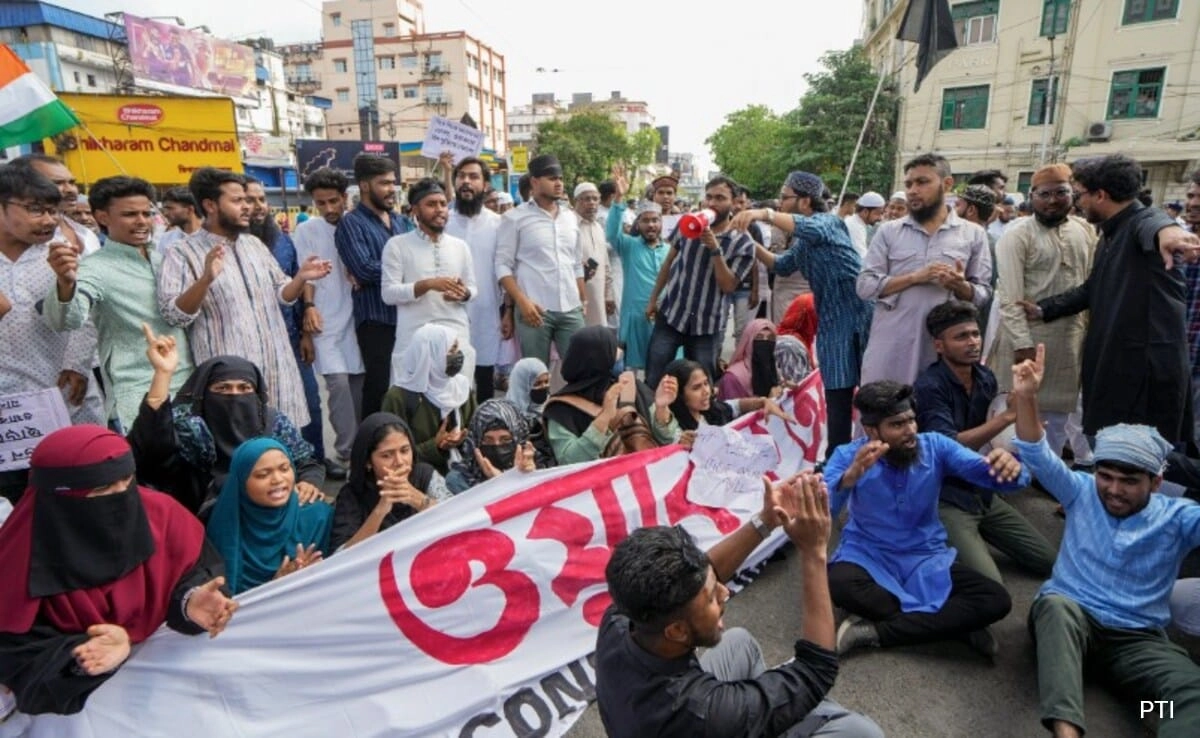In a remarkable development, a lawyer has approached the Supreme Court with a request to cancel the highly anticipated cricket match between India and Pakistan. This match, often regarded as one of the most significant sporting events due to the intense rivalry between the two nations, has garnered immense attention from fans and media alike. The lawyer’s petition raises various concerns surrounding the match, including issues related to public safety, national sentiments, and the political climate between the two countries.
The Supreme Court judges, upon hearing the case, expressed their reservations about interfering with a sporting event that holds such cultural significance. They emphasized the importance of cricket as a unifying force for fans from both nations, despite the underlying tensions. The judges highlighted that while the legal system has a role in ensuring public safety and order, it should not undermine the spirit of sportsmanship and the joy that such matches bring to millions of fans. They also mentioned the need to balance legal considerations with the cultural and emotional aspects tied to the game, indicating that any decision would require careful deliberation.
The lawyer argued that the current political situation could potentially lead to unrest during the match, citing past incidents where similar events had escalated tensions. However, the court urged the petitioner to consider alternative methods of addressing such concerns, suggesting that increased security measures and proper planning could mitigate risks without resorting to canceling the event. Ultimately, the judges’ stance reflects a broader understanding of the significance of cricket in fostering goodwill and camaraderie, even amidst geopolitical challenges.
As the situation unfolds, the cricketing world watches closely, aware of the implications this decision could have not just for the match, but also for the relationship between the two nations. The Supreme Court’s deliberation could set a precedent for how sporting events are handled in the context of legal and political concerns, highlighting the delicate balance between law, sport, and national sentiment.




